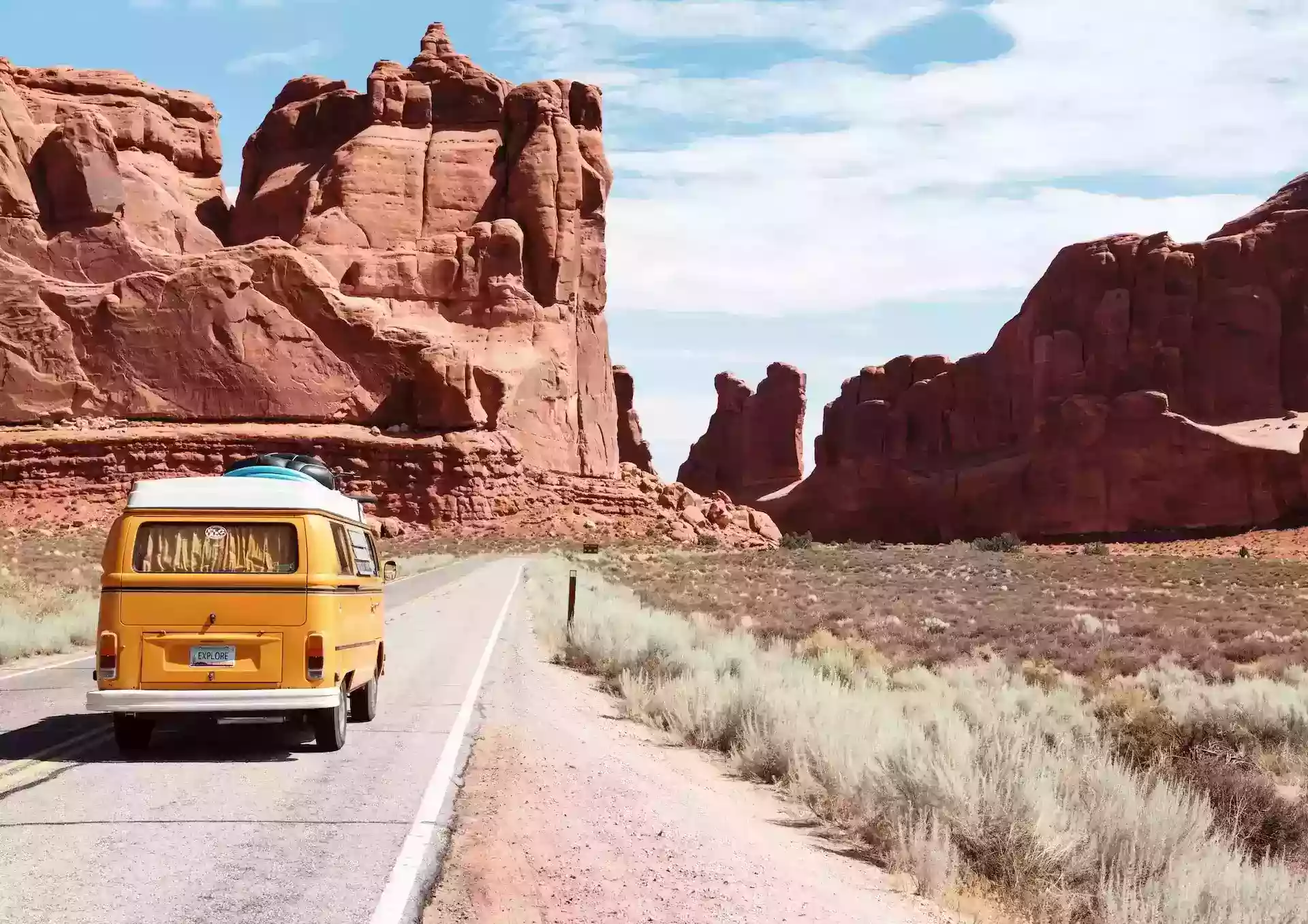A Journey Through the Atmosphere of Ramadan Around the Globe
Mar25,2023 • 9 min read
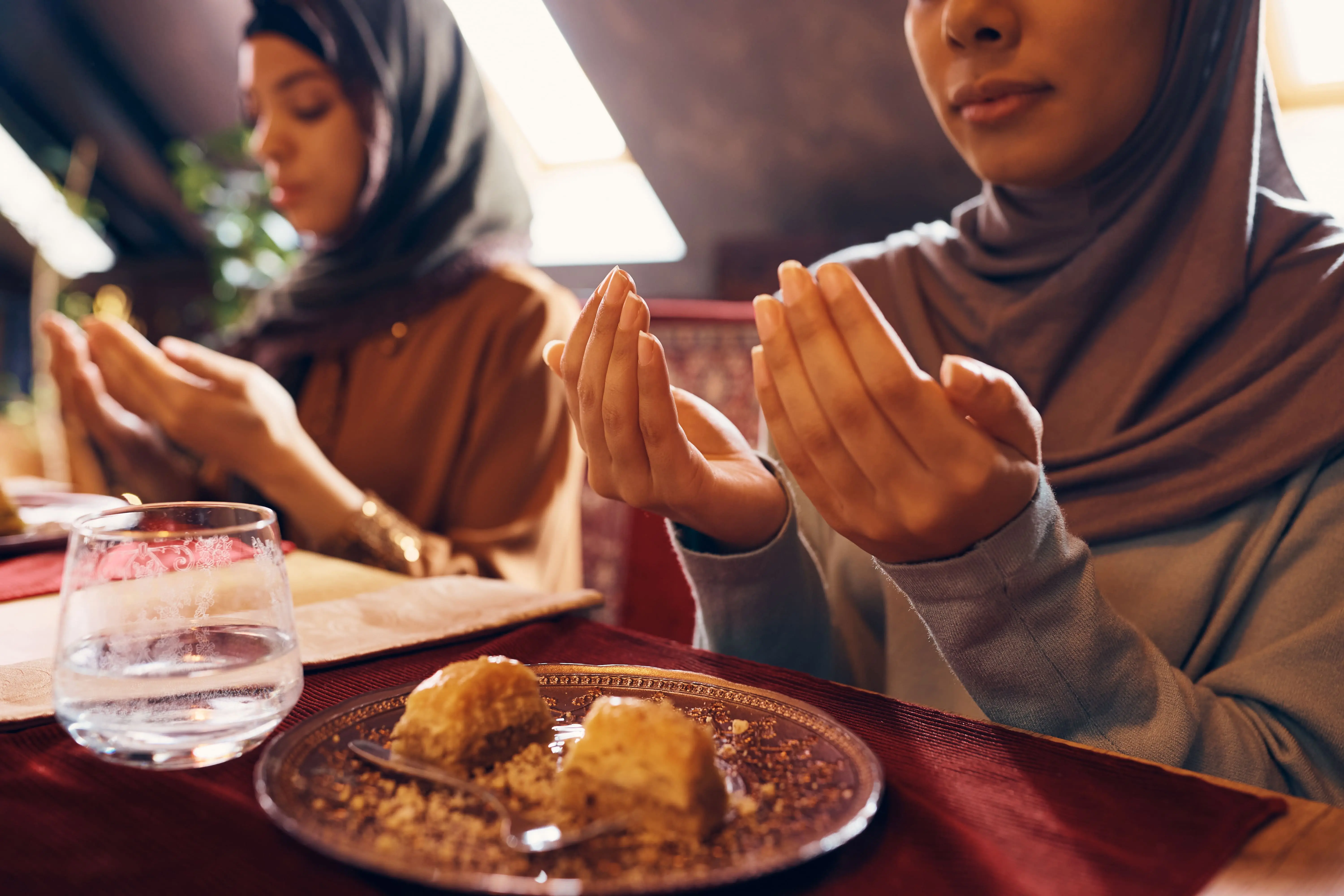
amadan is a month of fasting, reflection, and spiritual growth observed by Muslims around the world. During this month, Muslims abstain from eating and drinking from sunrise to sunset, focusing on prayer, reading the Quran, and performing acts of charity. While the essence of Ramadan remains the same across countries, the atmosphere and traditions surrounding it can vary greatly.
The Middle East: The Land of Origins
In the Middle East, the birthplace of Islam, Ramadan is a time when the entire society comes together in a display of unity and devotion. The air is filled with the scent of traditional dishes and the sound of the adhan (call to prayer). Fasting Muslims break their daily fast at sunset with a meal called iftar, often with dates and water followed by a range of delicious dishes. The streets come alive at night with the Taraweeh prayers, and the region's ancient mosques become the center of spiritual life.
often with dates and water followed by a range of delicious dishes. The streets come alive at night with the Taraweeh prayers, and the region's ancient mosques become the center of spiritual life.
United Arab Emirates: A Blend of Tradition and Luxury
Ramadan in the United Arab Emirates is a fascinating mix of tradition and opulence. The cities of Dubai and Abu Dhabi come alive with dazzling light displays and vibrant decorations, and luxury hotels offer lavish iftar buffets. In contrast, the more traditional neighborhoods showcase a warm, communal spirit, with people sharing meals in mosques and on the streets. The UAE also focuses on giving back during Ramadan, with charitable initiatives to support the less fortunate locally and globally.
Southeast Asia: A Blend of Culture and Spirituality
In Southeast Asia, countries like Indonesia and Malaysia celebrate Ramadan with their unique blend of cultural traditions and spirituality. Indonesia has the world's largest Muslim population. The streets are decorated with colorful lanterns called "takbir keliling," and special Ramadan markets, known as "pasar malam," are set up to offer food and goods for the pre-dawn meal, suhoor.
Indonesia: A Fusion of Traditional and Modern Celebrations
Indonesia is home to the largest Muslim population in the world, and Ramadan is observed with great enthusiasm. As the sun sets, families gather for iftar, the meal that breaks the fast. Mosques and community centers organize free iftar meals, and traditional markets offer many mouthwatering Indonesian dishes such as kolak, a sweet dessert made from bananas, sweet potato, and coconut milk. Taraweeh prayers are performed in mosques with melodious Quranic recitations filling the night air. The atmosphere of Ramadan in Indonesia is a beautiful blend of traditional customs and modern touches, such as the widespread use of social media to share reflections and inspirations.
South Asia: A Fusion of Flavor and Faith
In South Asia, countries like Pakistan, India, and Bangladesh observe Ramadan with immense zeal and devotion. The region is known for its mouth-watering cuisine and diverse customs. People gather in large numbers to break their fast together at sunset, creating a sense of unity and brotherhood. The streets are adorned with lights and decorations, while the air resonates with the recitation of the Quran and naats (poetic praises to the Prophet Muhammad).
Africa: Rich Traditions and Warmth
Across Africa, Ramadan is observed with a unique warmth and deep-rooted traditions. In Morocco, the nights come alive with a special atmosphere as people gather in the streets for iftar. Traditional dishes such as harira (a hearty soup) and chebakia (a sweet sesame pastry) are enjoyed, followed by prayers and socializing. In Egypt, the "fanoos" (colorful lanterns) illuminate the nights, while communal iftar gatherings, known as "ma'edet Rahman," provide food for the less fortunate.
Egypt: A Time of Togetherness and Joy
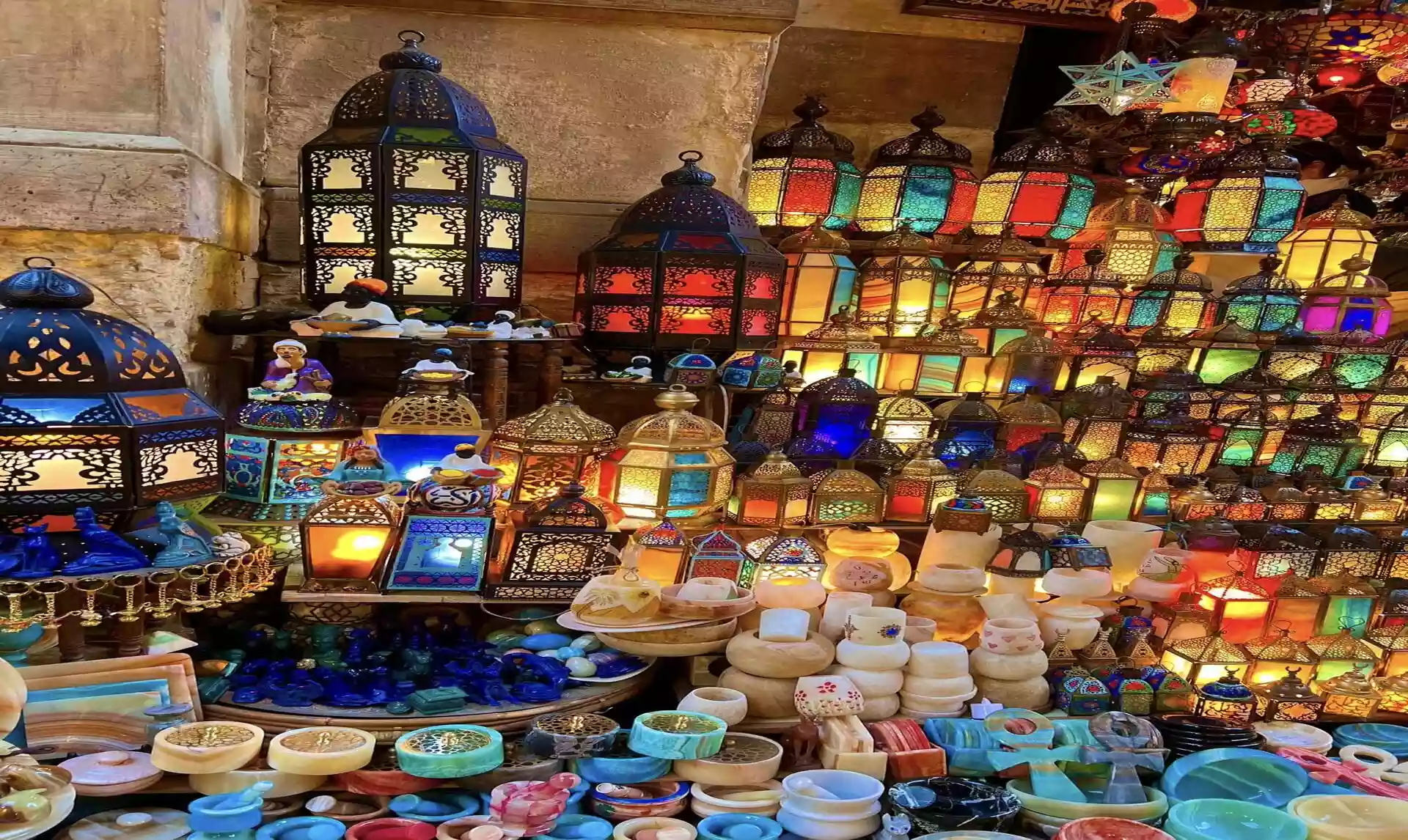
In Egypt, Ramadan is a time for family and community bonding. Lanterns, called fanoos, illuminate the streets, homes, and mosques, symbolizing hope and spirituality. A popular Egyptian tradition is the "mesaharaty," a person who roams the streets with a drum before dawn to awaken people for the pre-dawn meal, suhoor. Iftar gatherings, often featuring mouthwatering Egyptian delicacies like koshary and konafa, are a time for families and friends to share their experiences and strengthen their bonds.
Morocco: A Celebration of Community and Generosity
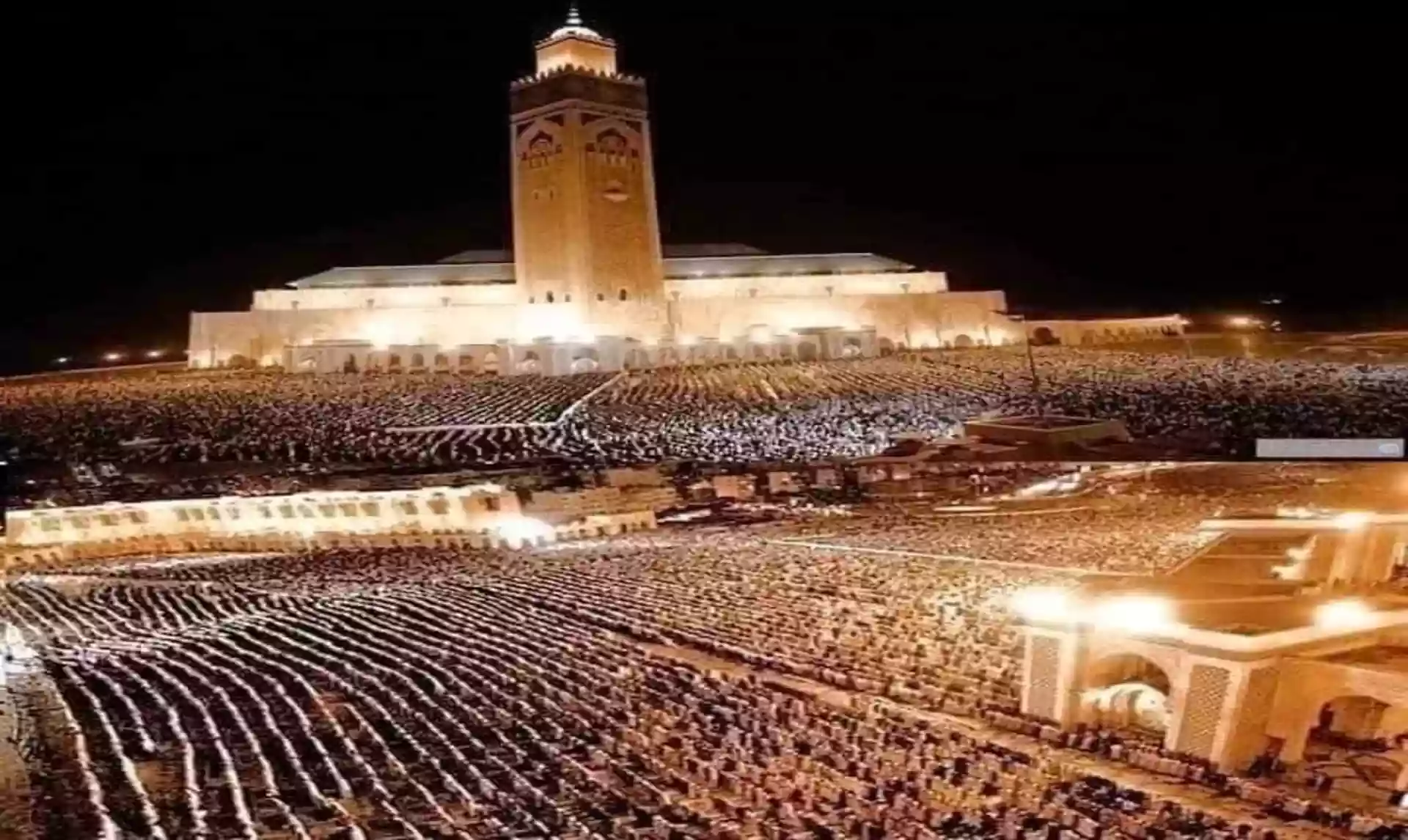 In Morocco, the atmosphere of Ramadan is characterized by a strong sense of community and generosity. The streets come alive with vibrant colors and the sweet smell of traditional Moroccan pastries, such as chebakia and sellou. After breaking the fast with dates and harira, a Moroccan soup, families and friends gather for a festive meal featuring tagine, couscous, and other traditional Moroccan dishes. The spirit of giving is palpable, as people share their meals with the less fortunate, and mosques and community centers distribute food to those in need.
In Morocco, the atmosphere of Ramadan is characterized by a strong sense of community and generosity. The streets come alive with vibrant colors and the sweet smell of traditional Moroccan pastries, such as chebakia and sellou. After breaking the fast with dates and harira, a Moroccan soup, families and friends gather for a festive meal featuring tagine, couscous, and other traditional Moroccan dishes. The spirit of giving is palpable, as people share their meals with the less fortunate, and mosques and community centers distribute food to those in need.
Europe and North America: Multicultural Harmony
In Europe and North America, Ramadan is celebrated within diverse and multicultural societies. With a blend of different nationalities, ethnicities, and traditions, Muslims in these regions come together to create a unique atmosphere of unity and spiritual growth. Mosques and community centers become hubs of activity, hosting iftar dinners, prayer sessions, and charity drives. Despite being a minority, Muslims in these regions strive to preserve the essence of Ramadan and share its beauty with their neighbors.
Turkey: A Blend of Culture, History, and Spirituality
Turkey offers a mesmerizing atmosphere during Ramadan, as the historical city of Istanbul comes alive with the spirit of the holy month. Long communal tables, known as "iftar sofrasi," are set up in parks, mosques, and public squares, where people from all walks of life come together to break their fast. The Blue Mosque and Hagia Sophia are adorned with lights, and Sufi music can be heard throughout the city. In Turkey, the traditional pre-dawn meal, suhoor, is called "sahur," and the beating of drums and lively music in the streets accompanies it.
The United States and Europe 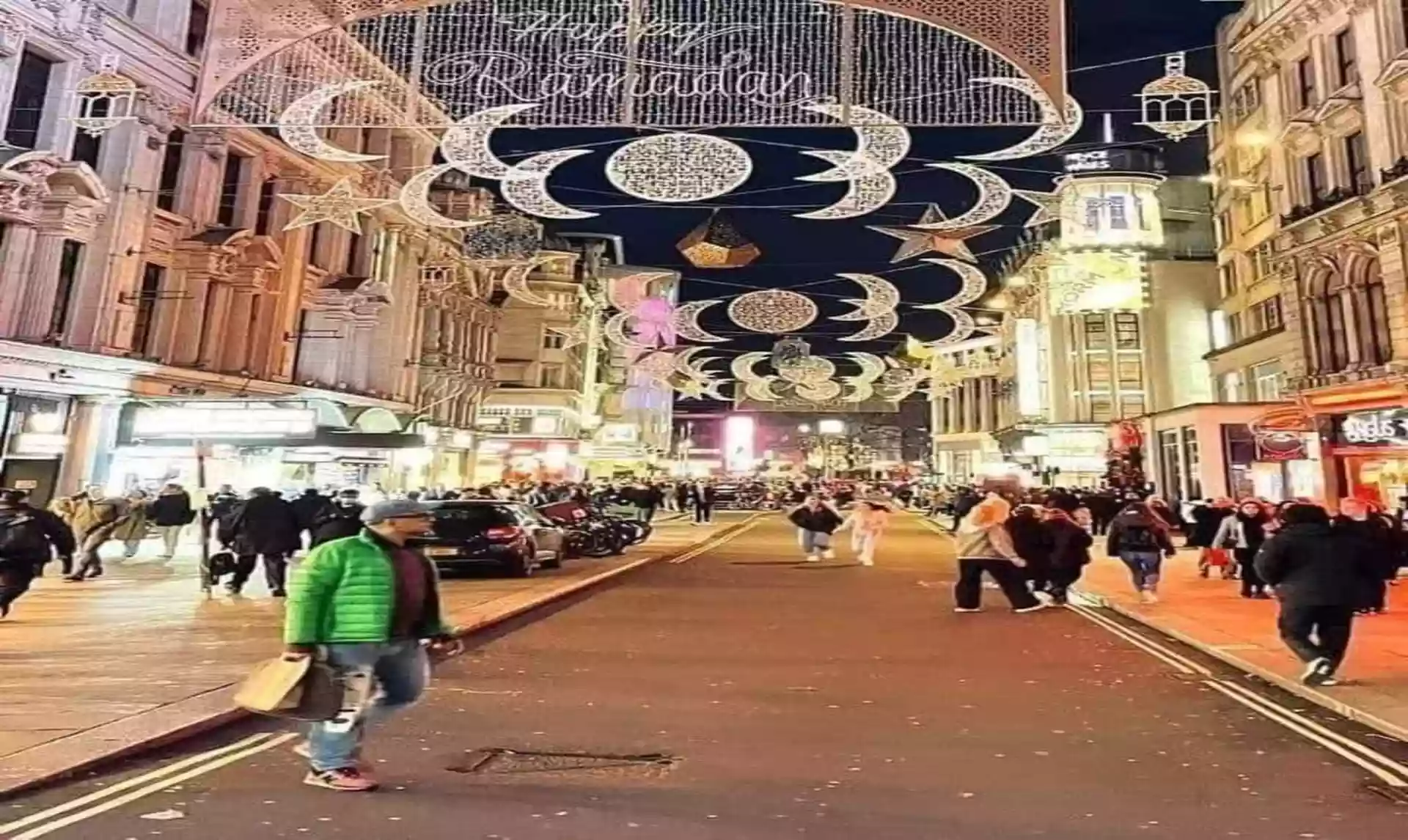 also experience a unique Ramadan atmosphere, with Muslims from various cultural backgrounds coming together to celebrate the holy month. Mosques and Islamic centers in cities such as New York, London, and Paris hold communal iftars, where people break their fasts together, fostering a sense of unity and togetherness.
also experience a unique Ramadan atmosphere, with Muslims from various cultural backgrounds coming together to celebrate the holy month. Mosques and Islamic centers in cities such as New York, London, and Paris hold communal iftars, where people break their fasts together, fostering a sense of unity and togetherness.
Conclusion
As we've journeyed through the atmosphere of Ramadan across the globe, we've witnessed the beauty of diverse customs, rich traditions, and a common thread of unity, devotion, and compassion. No matter where they are, Muslims unite during this holy month to grow spiritually and foster a sense of community. Ramadan transcends borders and cultures, making it a truly global celebration of faith and humanity.
